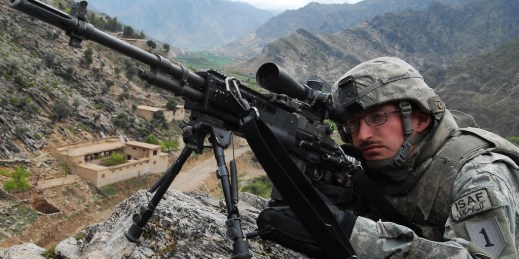
Last month, amid nonstop coverage of the Ukrainian crisis and an onslaught of domestic U.S. issues, the New York Times published an editorial urging the U.S. Congress to pass legislation to comply with international obligations on illegal fishing. Why did the editorial board think this issue warranted ink? Part of the answer is that the illegal, unreported and unregulated (IUU) trade in fish is no longer just a conservation and biodiversity challenge. Environmental crimes across the board today have significant consequences for countries’ development aspirations, in addition to global security implications. In this light, governments around the world need to […]









